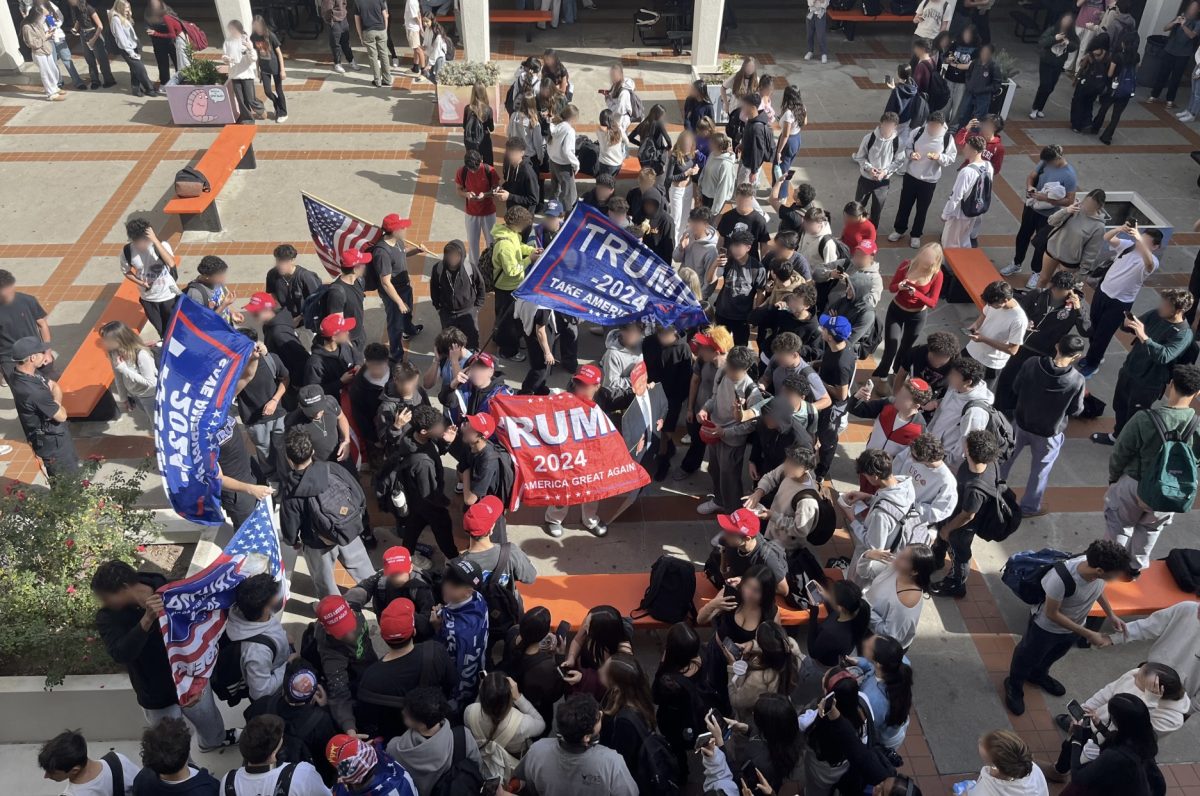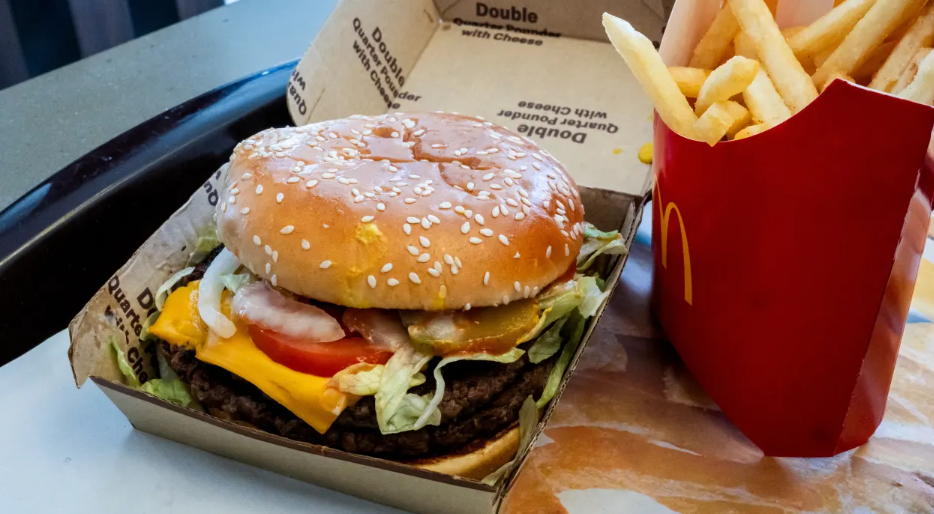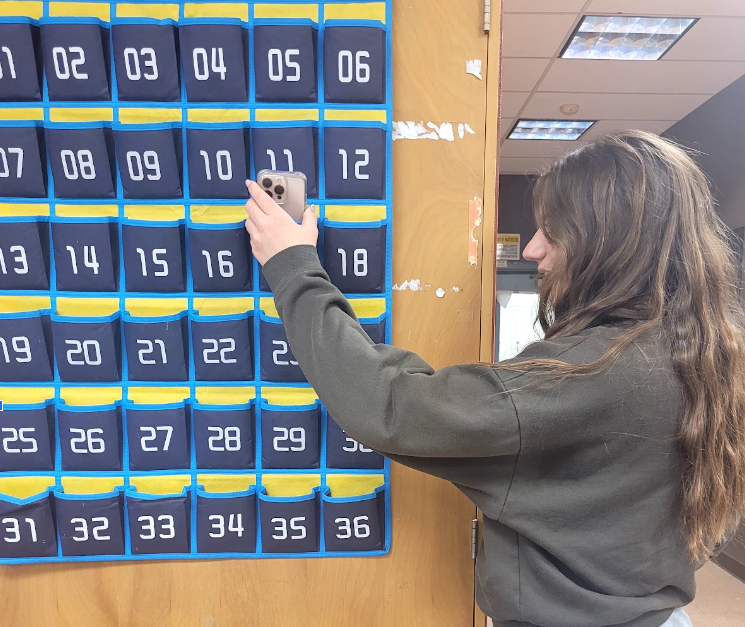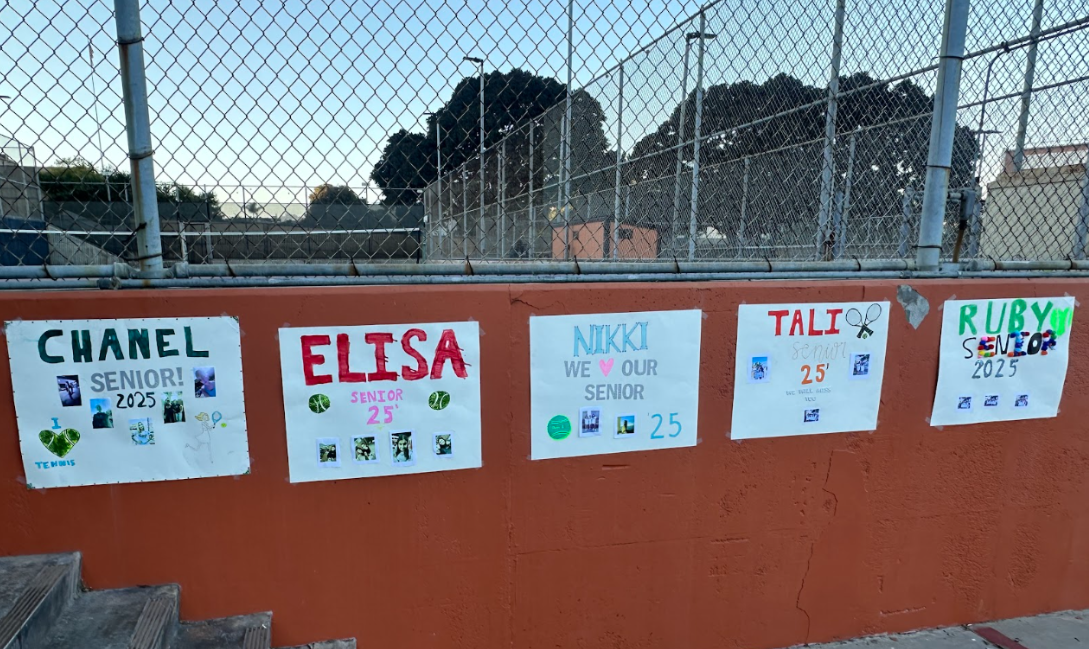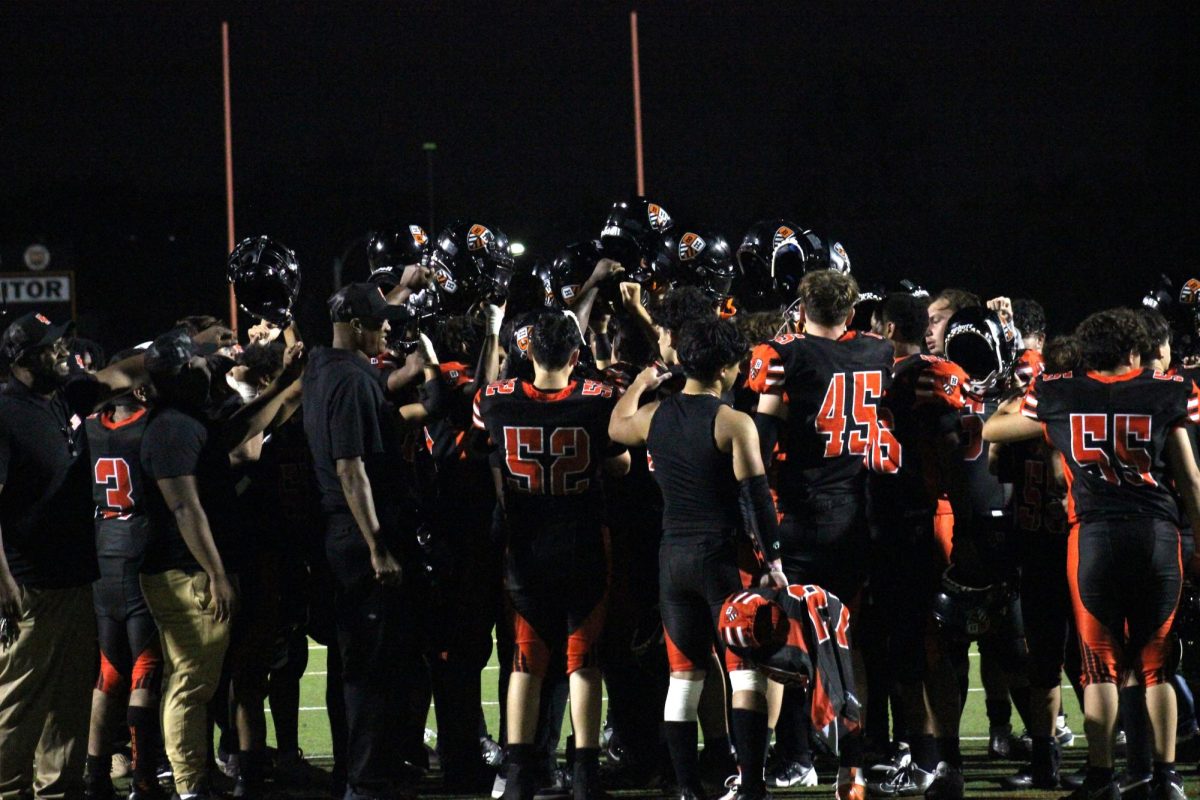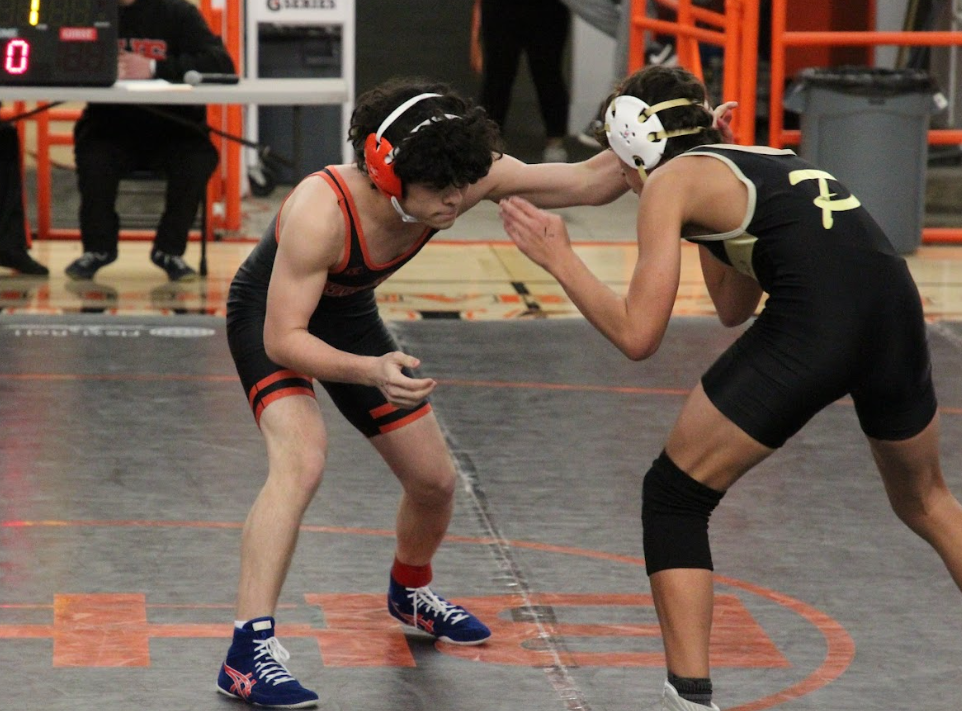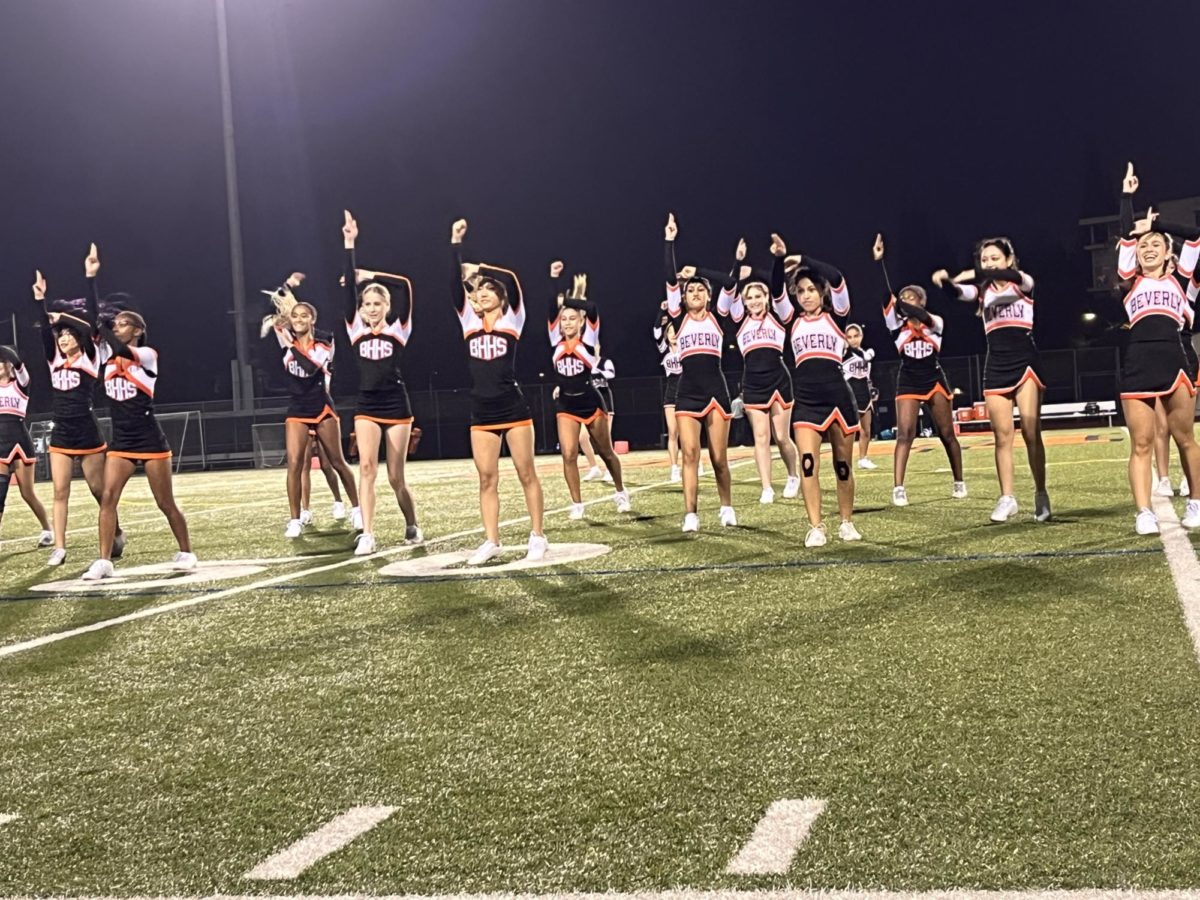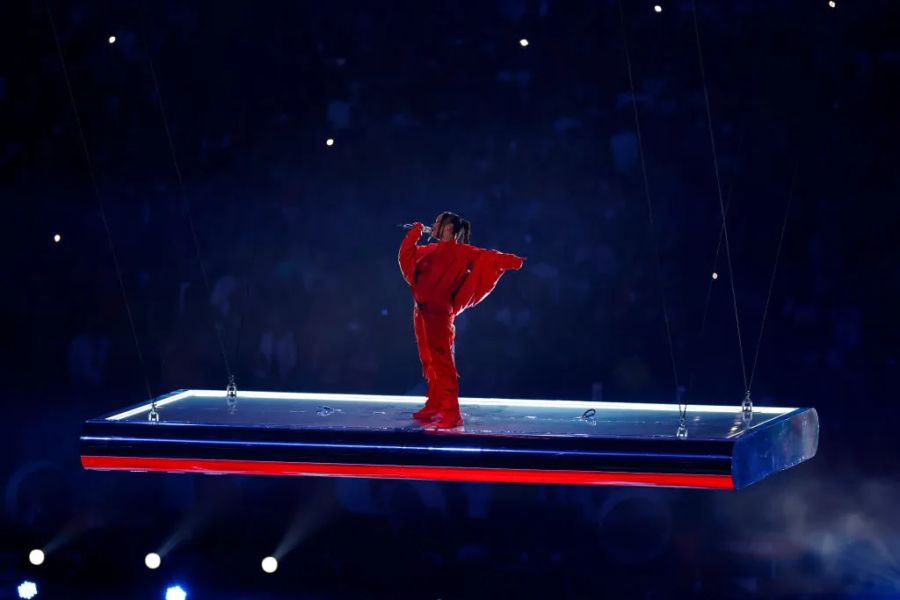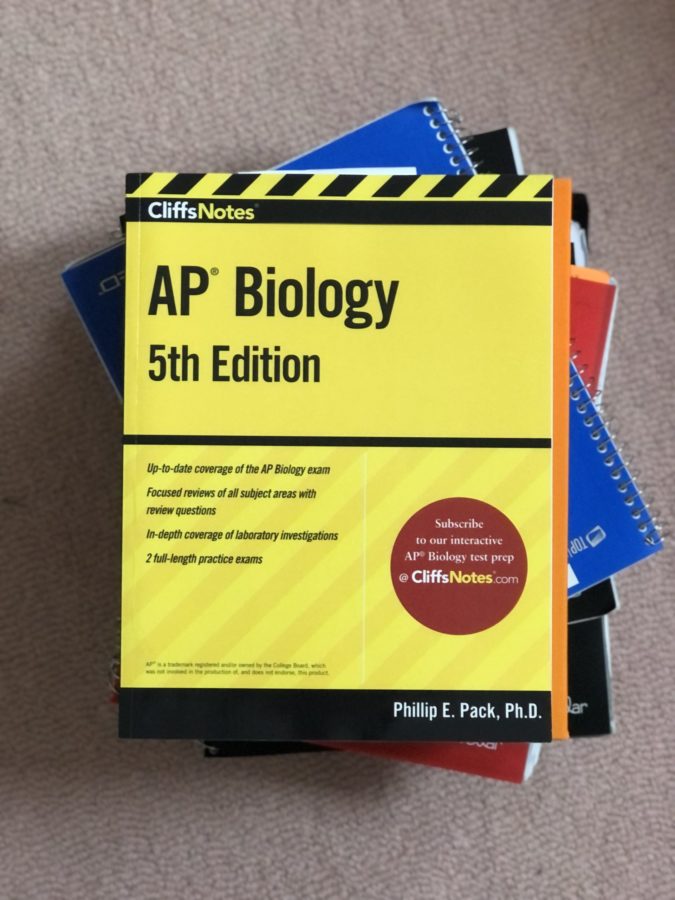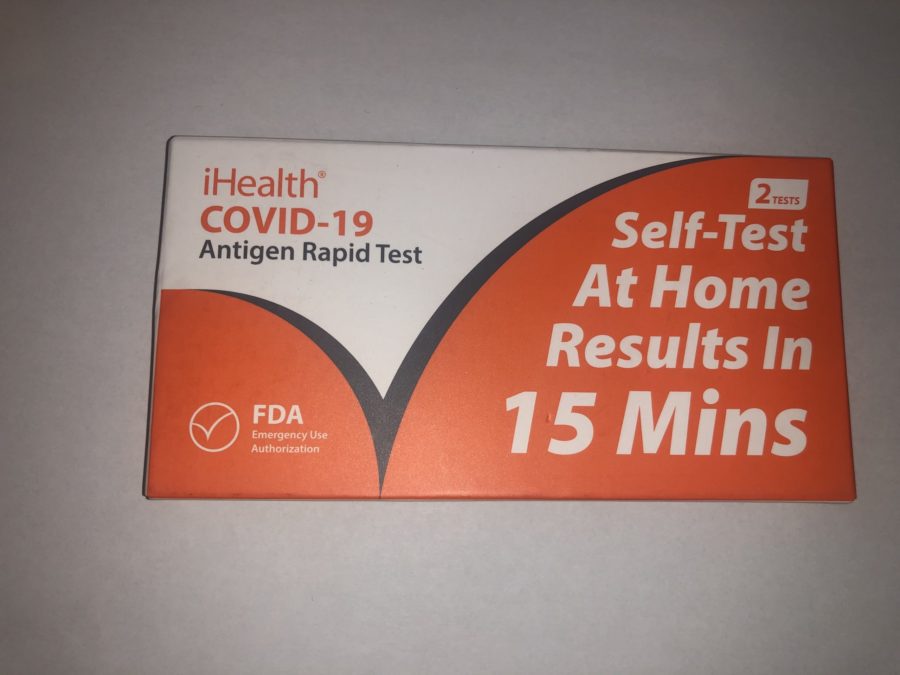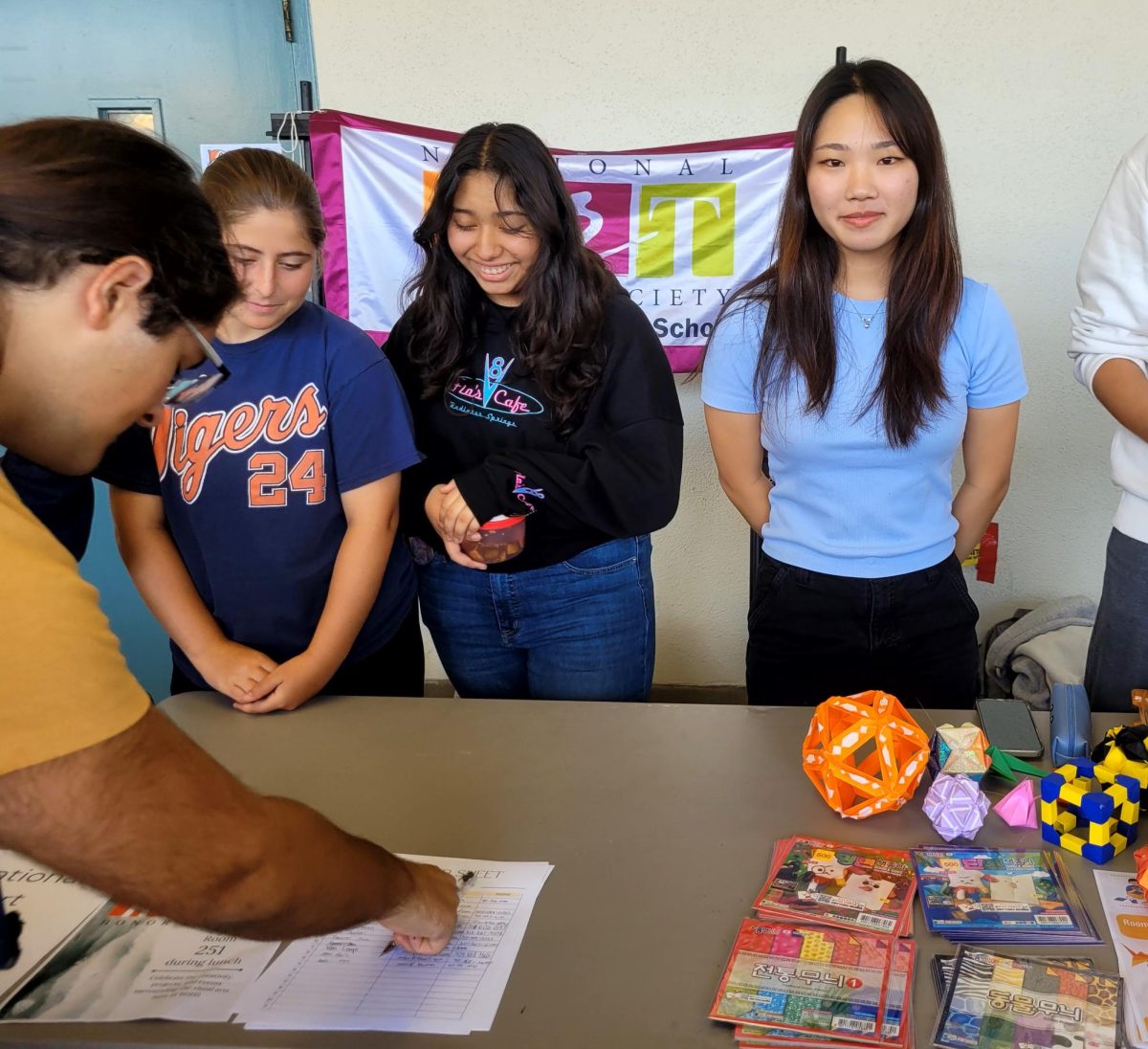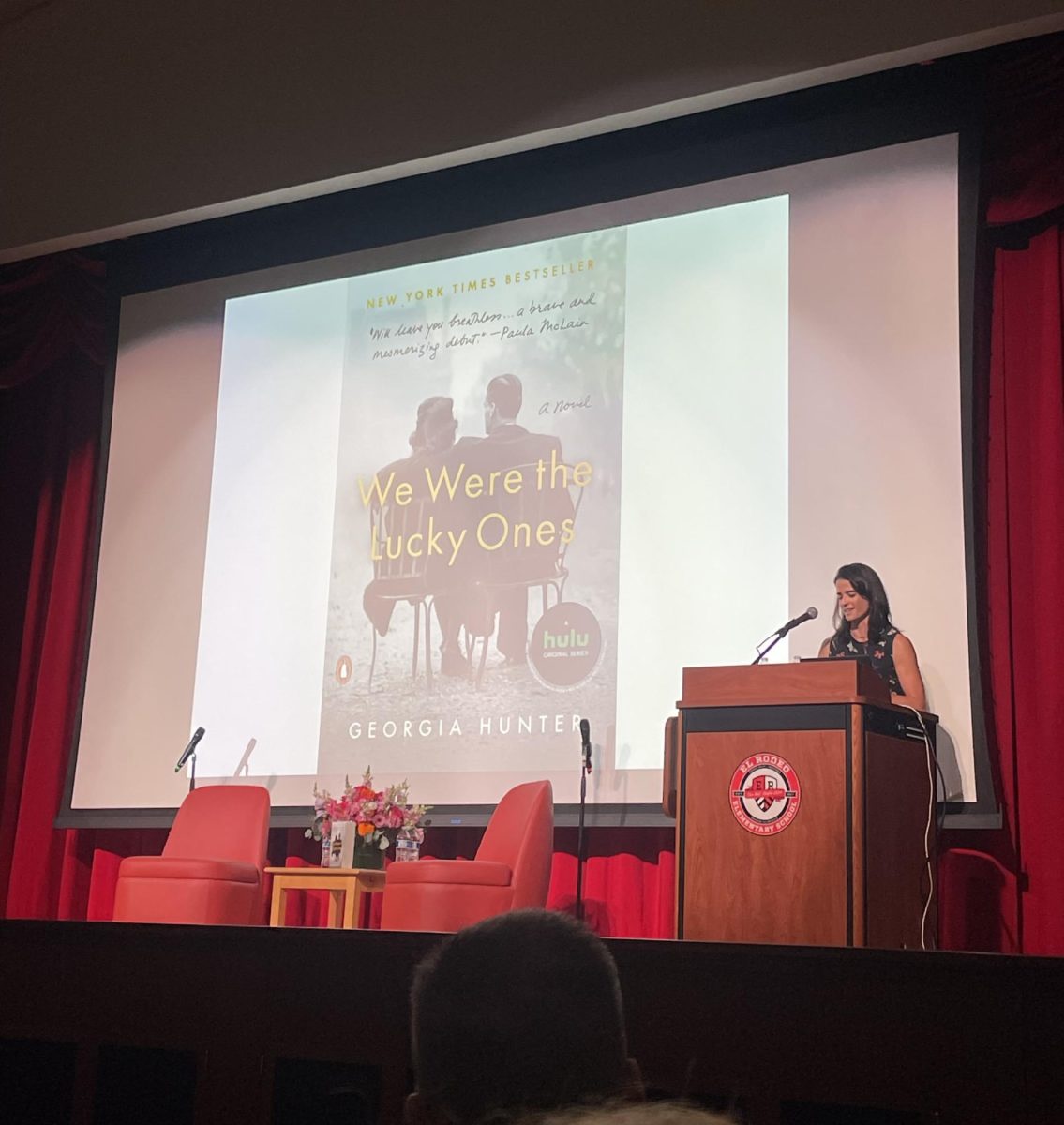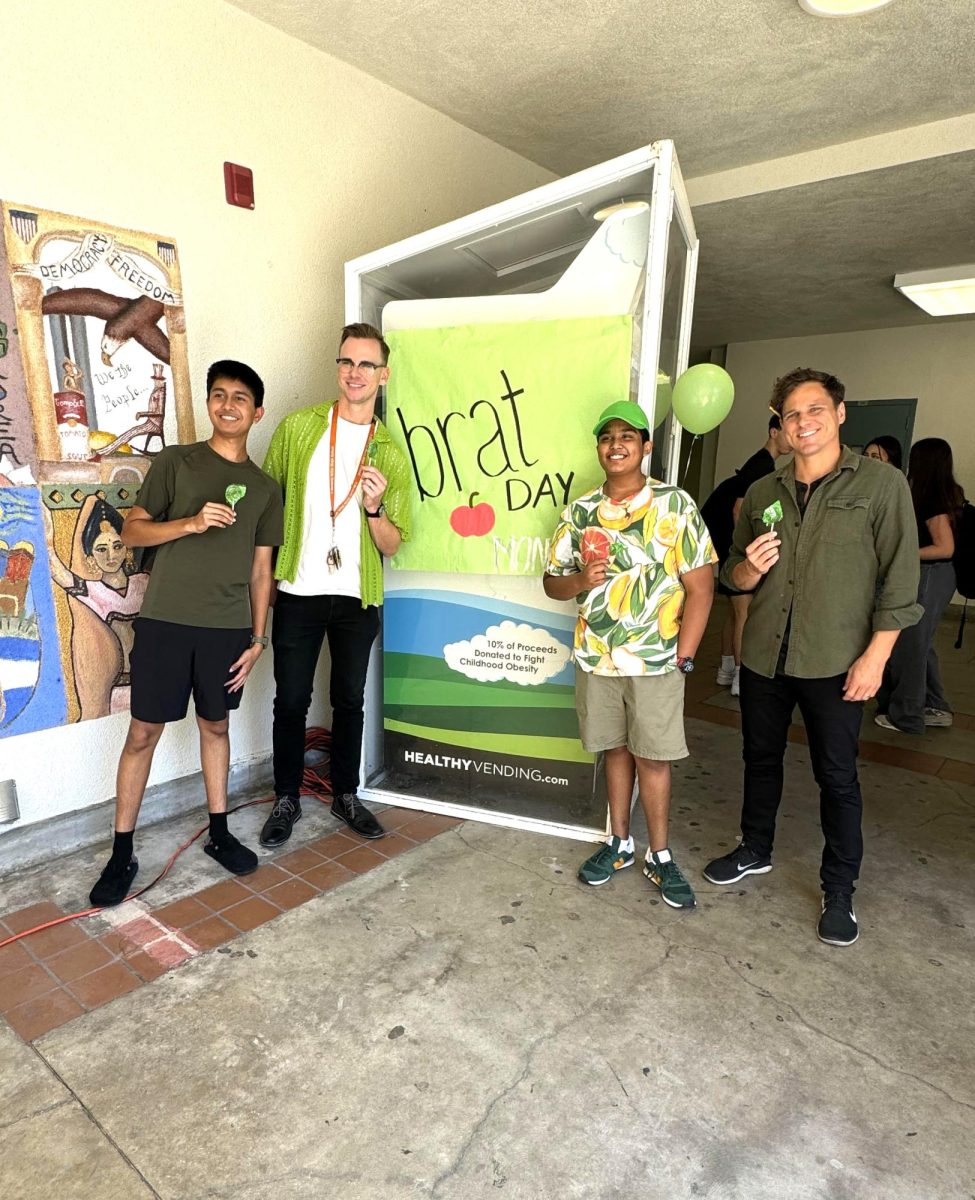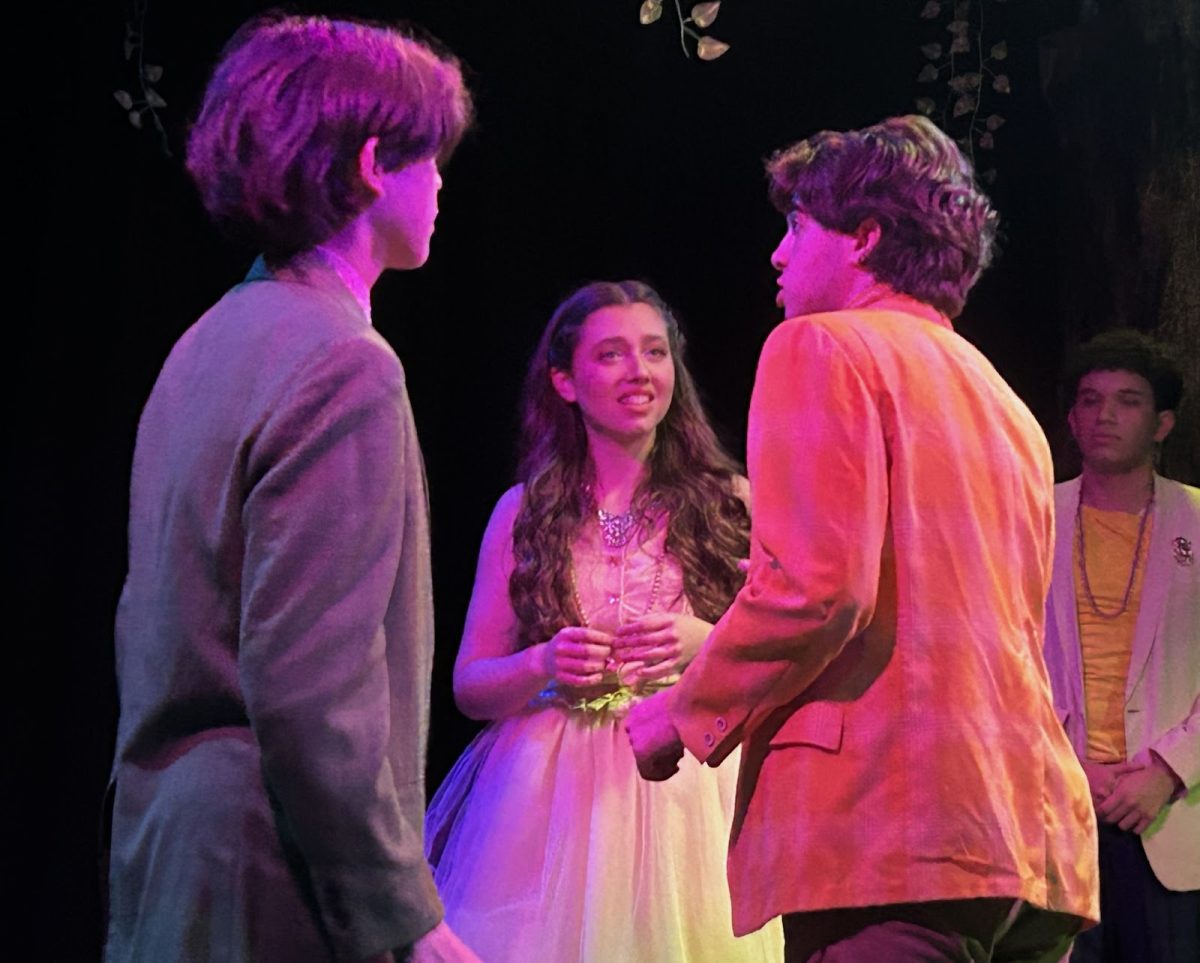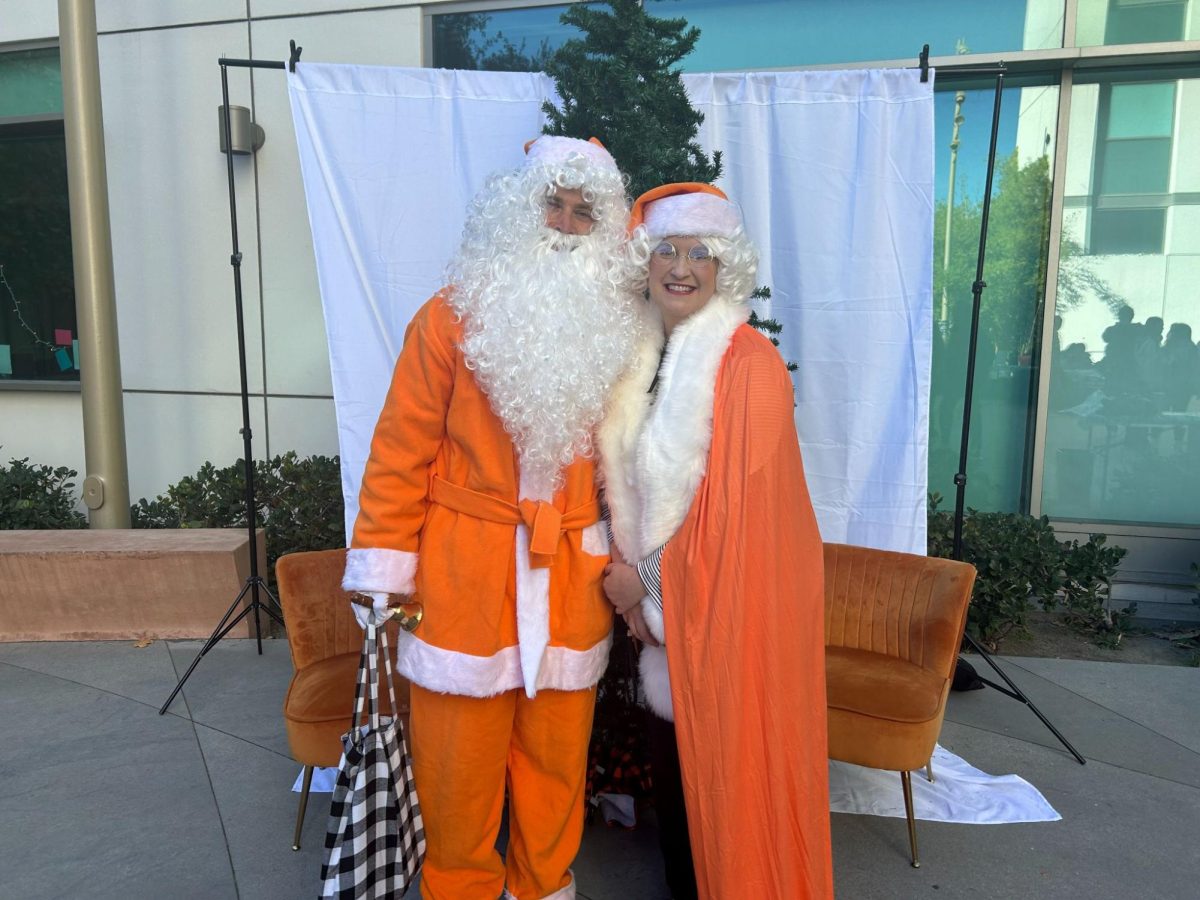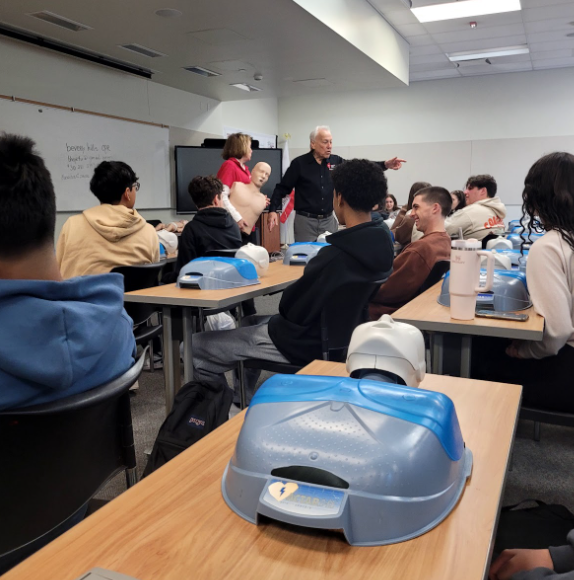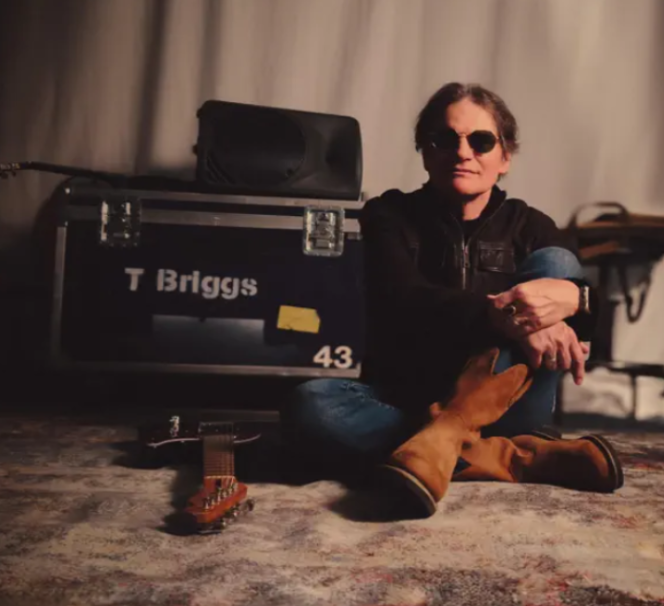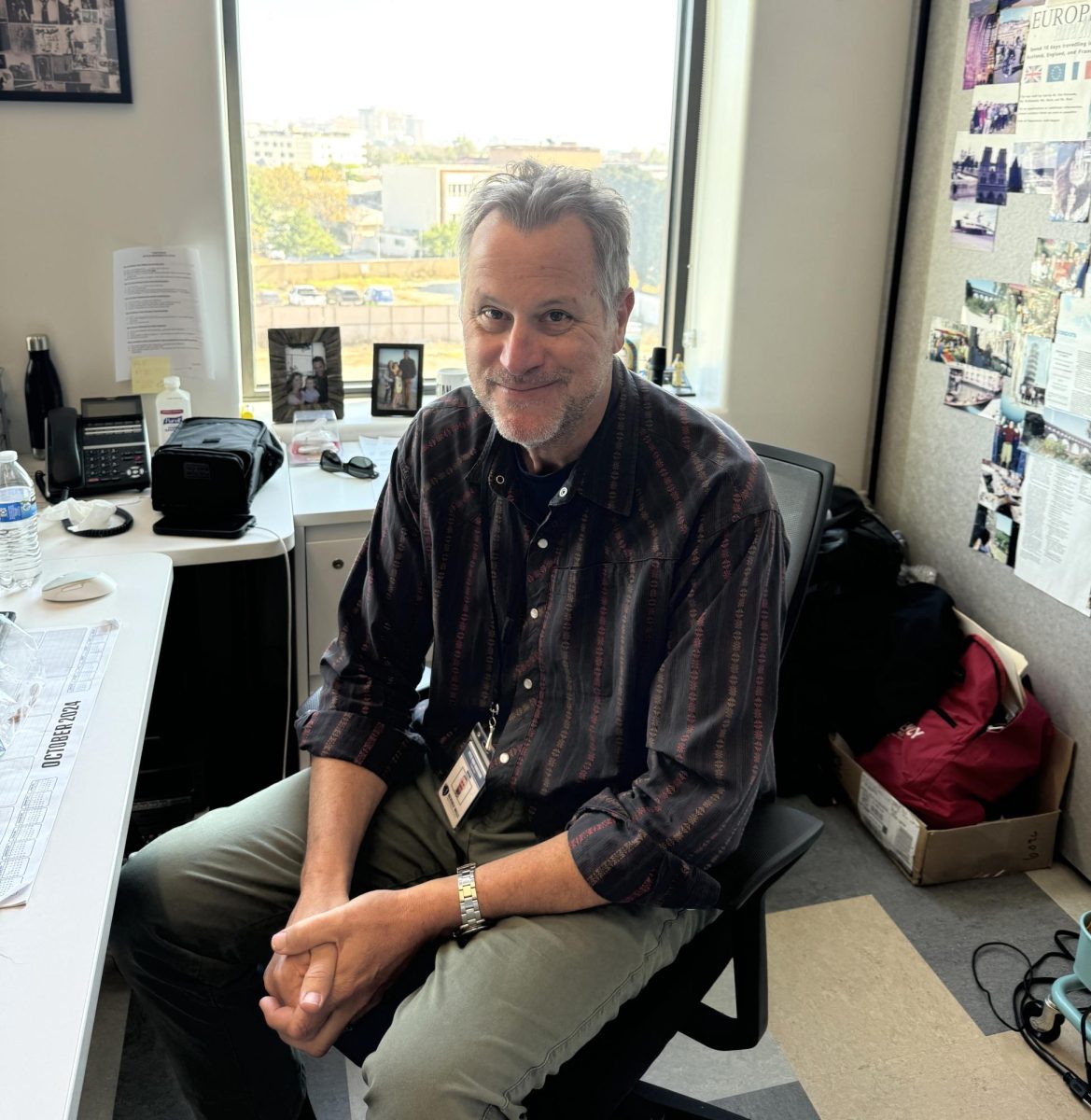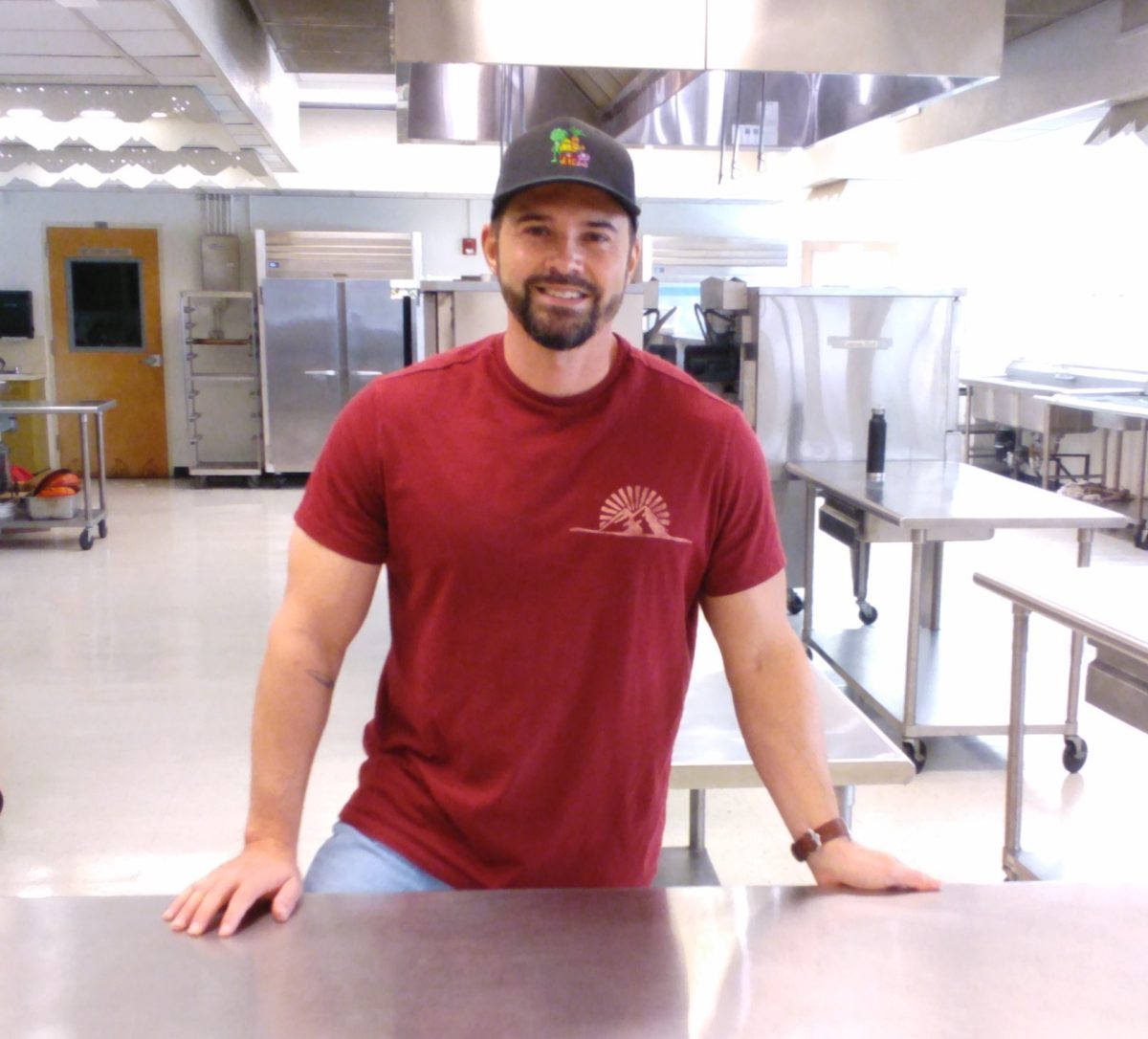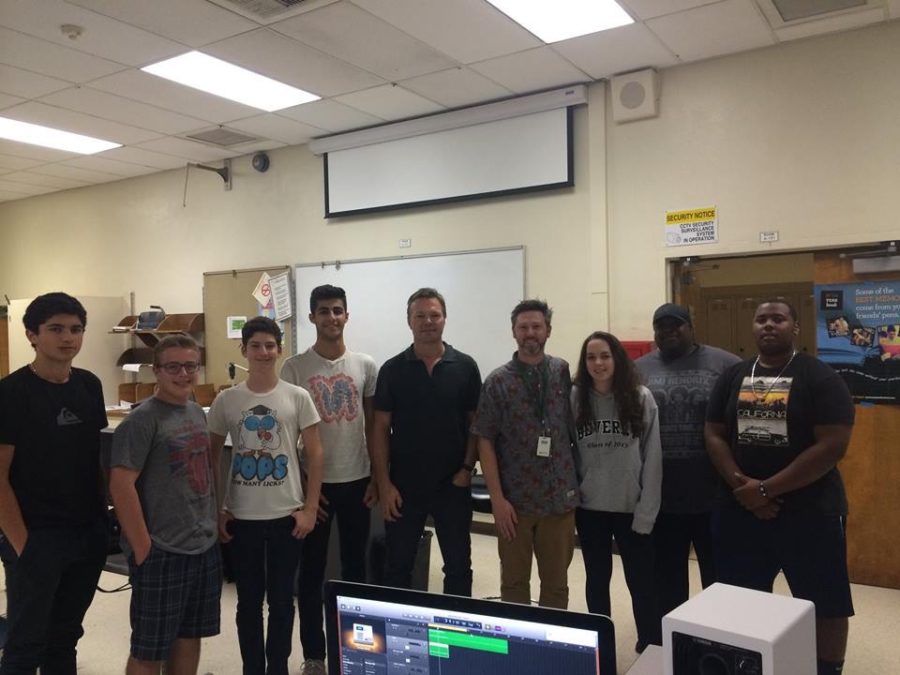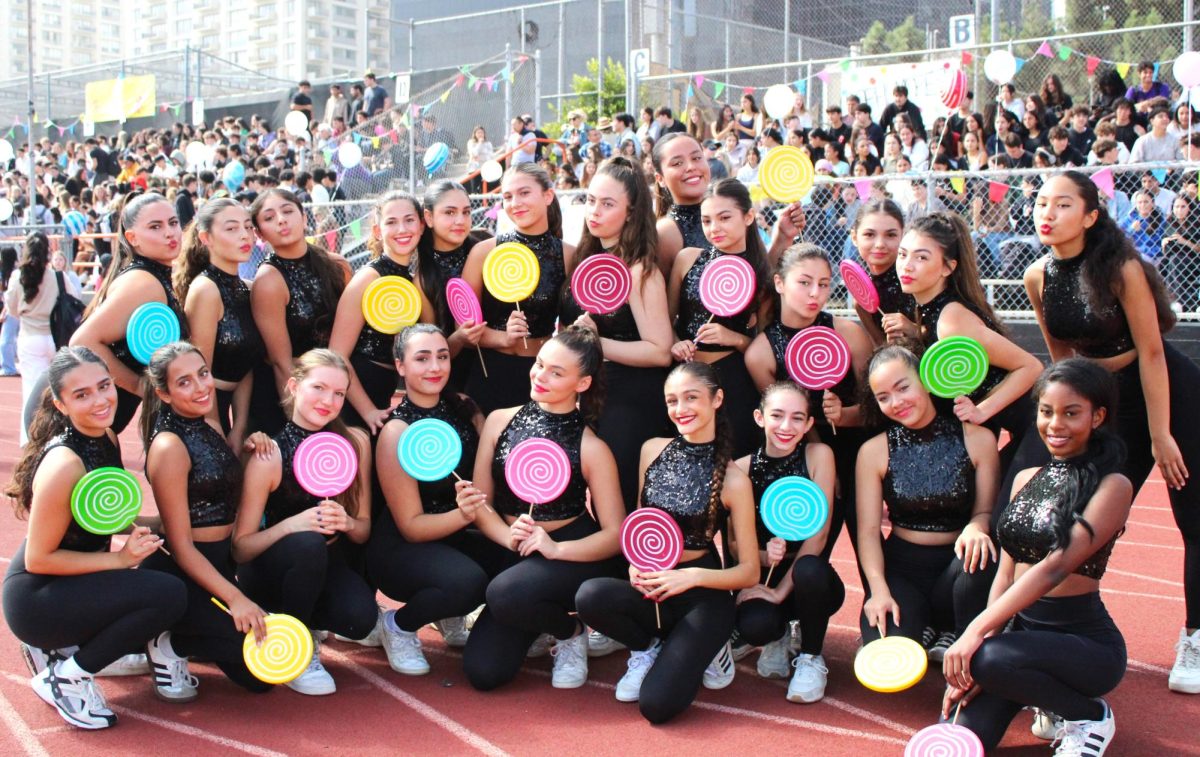Lucas Harward, staff writer
Audio Production is a new ROP class that teaches students how to write, create, engineer, mix and master music using different types of hardware and software. The class, taught by Alex Breitman, is a stepping stone for students who are interested in entering the music entertainment industry and is worth credit.
In the class’s most recent meeting, they brought in British D.J. Pete Tong for an interview. Tong is a pioneer of electronic dance music (EDM) and is one of Britain’s most recognized D.J.s. He currently works in Los Angeles as an agent and producer in the electronic music division of the William Morris Agency. Below is a partial transcription from their interview with Tong.
Audio Production: When did you decide that you wanted to be a D.J.?
Pete Tong: I just wanted to be noticed, and I loved music so I wanted to be in a band and I later got into deejaying. It seems entrepreneurial now, what I did, but then I just loved deejaying so I wanted to do whatever it took to be a D.J. No club would book me, so I got my own sound system and hired my own room and ran my own party. The process was starting my own clubs, booking the hottest D.J.s to play at my clubs and developing a relationship with them that led them to invite me to play at their clubs.
AP: If you could travel back in time and tell yourself one thing, what would it be?
Tong: To make music. Learn the piano. That’s my greatest regret. I can find my way around one now, but if there’s one thing I wish I could’ve done, it would be sticking with the piano lessons and studying music theory. Not being a Mozart, but knowing your way around scales and keys and chords is so valuable. Most D.J.s from the old days would have to sit with a musician to make a track. But a lot of the very best people now, and the most consistent, are musicians.
AP: How has the music industry changed from when you started to now?
Tong: There was a time in the 80s when the people who ran the record business ran the world. It was the most powerful place to be. When the CD exploded, the value of being in the music business was the hottest job in the world. Over the next thirty years, however, things changed, and a job in Silicon Valley or Hollywood became a much hotter job. So I think the music industry has undergone monumental change to the point that I think the life has been beaten out of it. After Napster got shut down in 2002, the industry has had to evolve and survive the 2000s until it got into business with iTunes. And now we’re going through another huge change where no one is going to own anything anymore. We’re all going to Spotify, and I’m sure very soon iTunes will become a streaming store. So, in the 80s it was a massive business where everyone wanted a job and everyone got paid a load of money, and now it’s not like that anymore. Now, the leaders of our world are the managers or the agents.
AP: What are the differences in the equipment that D.J.s use today compared to when you started?
Tong: To make music in the 80s you would’ve had to walk into a conventional recording studio with the big 8 track desks. It was crazy. But now you can actually get an instrument machine on your phone, since every major synth software company has got an app, so all the tools are there now for everyone. The access to making music has never been better, which I think has inspired a whole new generation of music makers. And I think what’s differentiating people a little bit now is having the old school skills of actually being able to play [an instrument]. In my setup, I had always been a vinyl guy because that’s the way it started, but then CDs came along when D.J.s started to travel because it was easier to carry around CDs than record boxes. All of us hated CDs because we hated the way they sounded and looked, but they were convenient. And then with the evolution of the Pioneer CD players you could do all of the tricks, and playing CDs took on a life of its own.
The class meets on Tuesdays and Thursdays at 3:30 p.m. in room 191, across the hall from Theater 40. To enroll, email Alex Breitman at [email protected].
Categories:
New ROP course prepares students for music entertainment industry
November 12, 2014
0
Donate to Highlights
$75
$1000
Contributed
Our Goal
Your donation will support the student journalists of Beverly Hills High School. Your contribution will allow us to purchase equipment and cover our annual website hosting costs.
More to Discover

